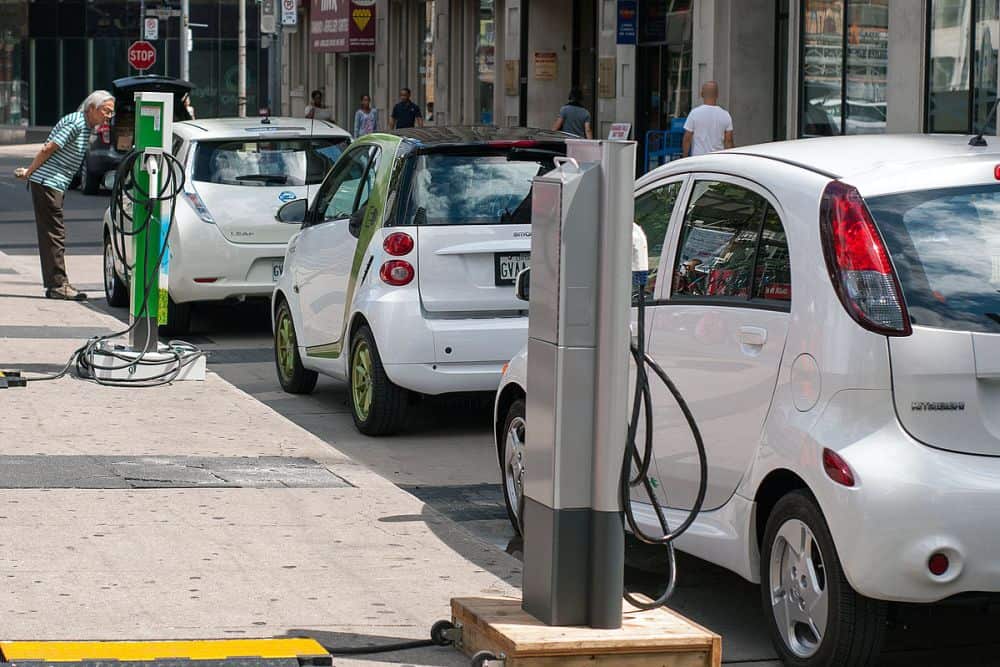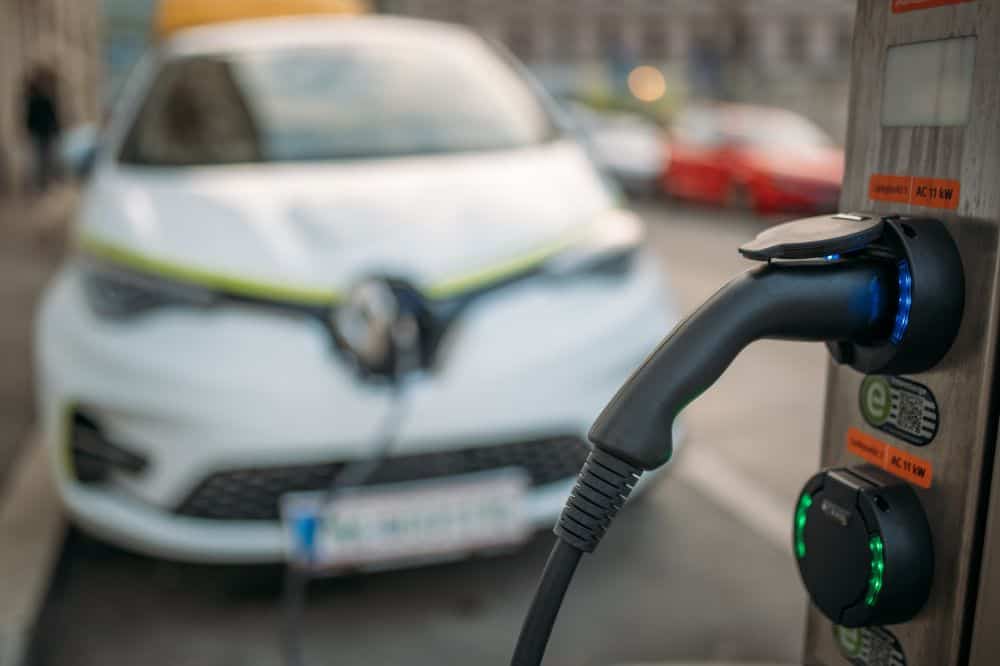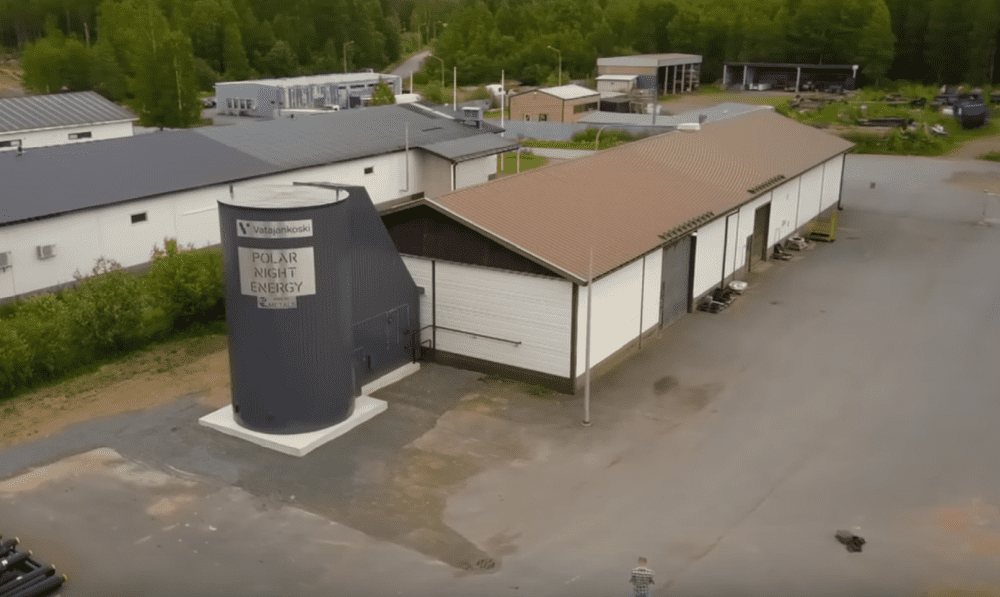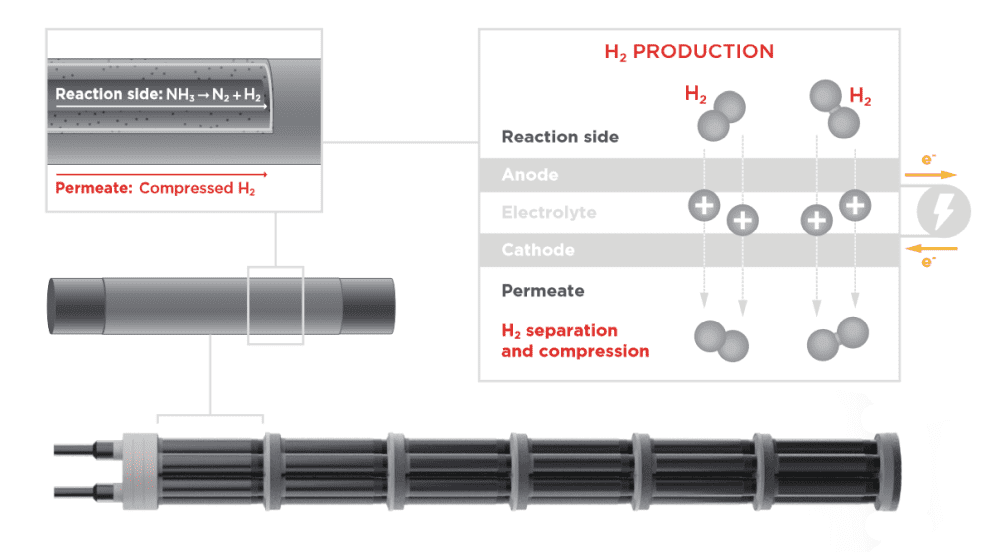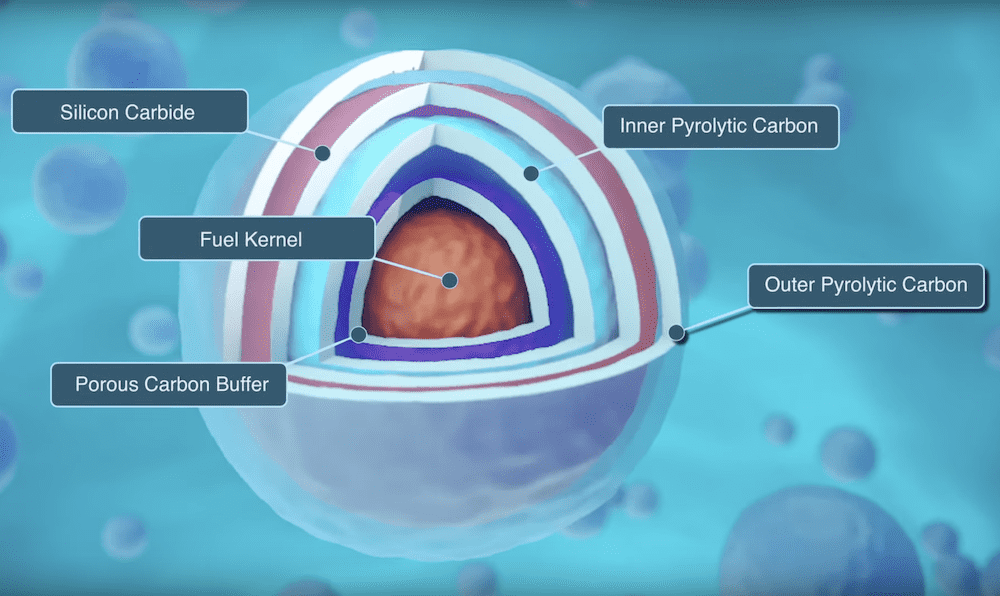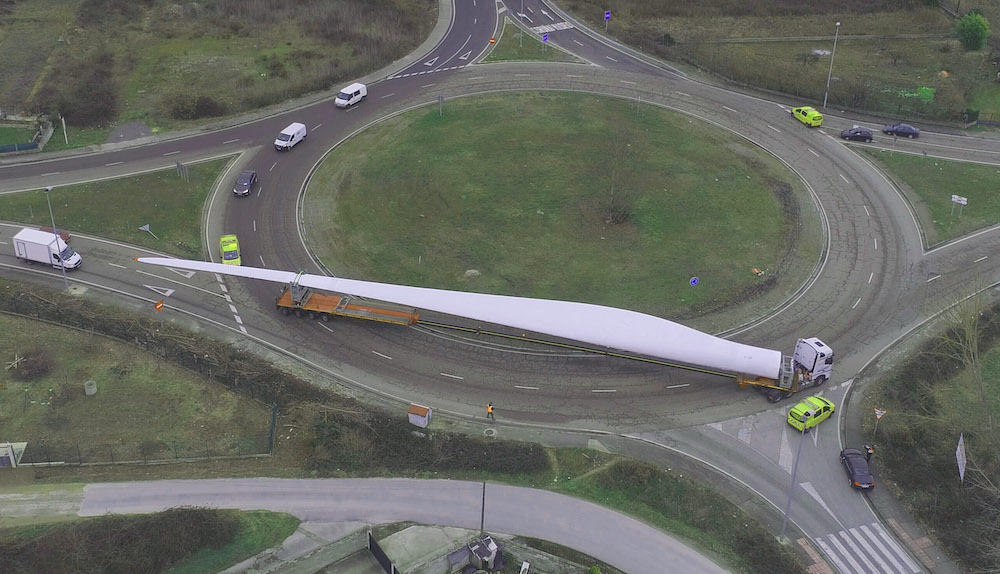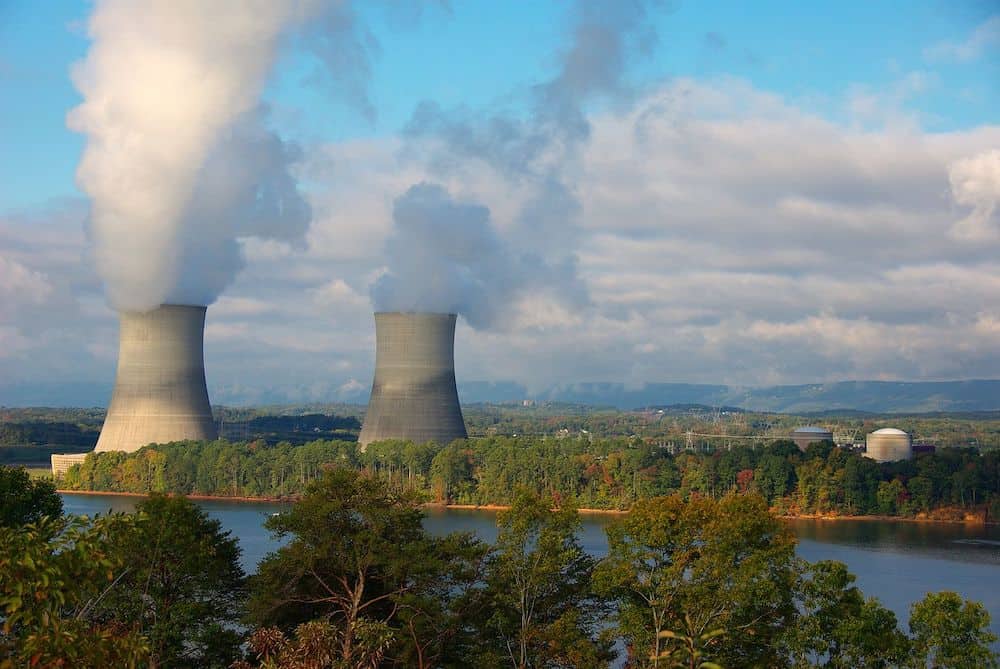Substantial ceramics research projects are looking to address issues with current lithium-based battery technologies. A selection of recent papers in ACerS journals highlights some of the efforts toward new electrolyte, cathode, and anode materials.
Read MoreAs the lifetime of perovskite solar cells improves, accelerated aging tests are needed to determine their long-term stability. Researchers at Princeton University and Linköping University proposed a new method for performing accelerated aging tests on perovskites—and demonstrated their newly developed perovskite cell may last up to 30 years in operation.
Read MoreThe National Electric Vehicle Infrastructure Formula Program aims to provide states with nearly $5 billion in funding to strategically deploy electric vehicle charging infrastructure. To receive their share of the funding, each state must submit a deployment plan by August 1. Compiled here are links to the plans released so far.
Read MoreAn all-solid-state sodium battery that operates at ambient temperatures (under 100°C) would allow for safer usage in a broader range of applications. Researchers led by University of Houston and Iowa State University propose a new homogeneous oxysulfide glass electrolyte could make such a battery possible.
Read MoreAdapting to climate change not only requires updating our existing energy systems but also designing new ways of storing and transmitting energy that can better withstand extreme environments. Finnish startup Polar Night Energy just completed the first commercial installation of their new heat storage system, which stores thermal energy using sand.
Read MoreChemical storage offers a potentially easier way to transport hydrogen, but there is room to improve the way in which hydrogen is extracted from the carrier compound. Researchers led by CoorsTek Membrane Sciences designed a new electrochemical membrane reactor that achieves more than 99% hydrogen extraction efficacy.
Read MoreAluminum-ion batteries are faster, cheaper, and safer than lithium-ion batteries, but finding an appropriate material for the cathode is proving to be a barrier to commercialization. Researchers in Poland investigated the potential of carbon–tungsten oxide composites as cathode materials.
Read MoreTristructural isotropic coated particle fuel is expected to improve safety of nuclear reactors. Researchers led by the University of Tennessee, Knoxville investigated the potential of using silicon nitride and zirconium nitride in TRISO particle fuel rather than silicon carbide.
Read MoreOn March 10, the U.S. Department of Energy announced $36 million for 11 projects seeking to increase deployment and use of nuclear power and limit the amount of waste produced from advanced nuclear reactors. Learn more about these projects and some of the arguments for and against increasing reliance on nuclear power.
Read More
